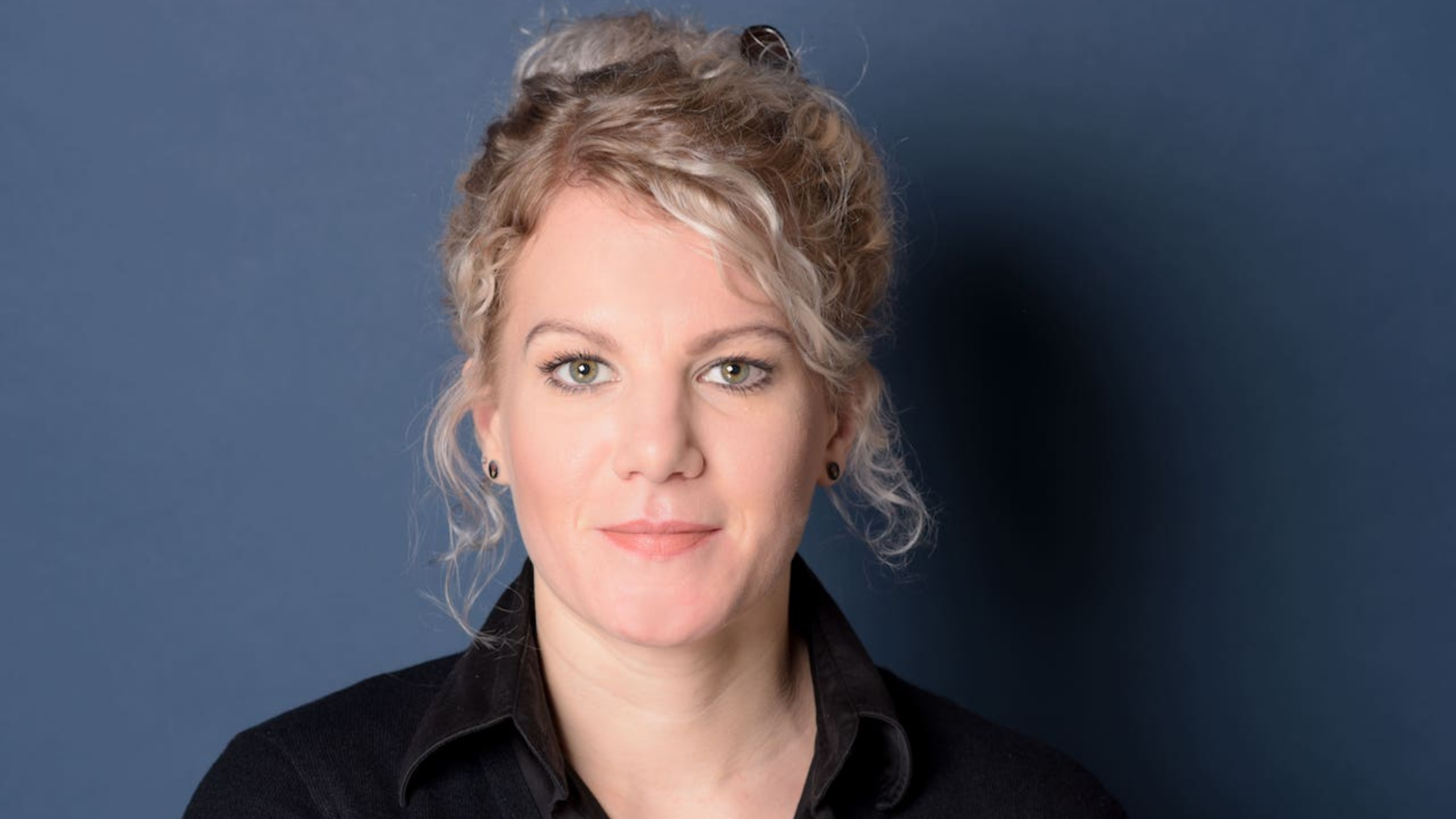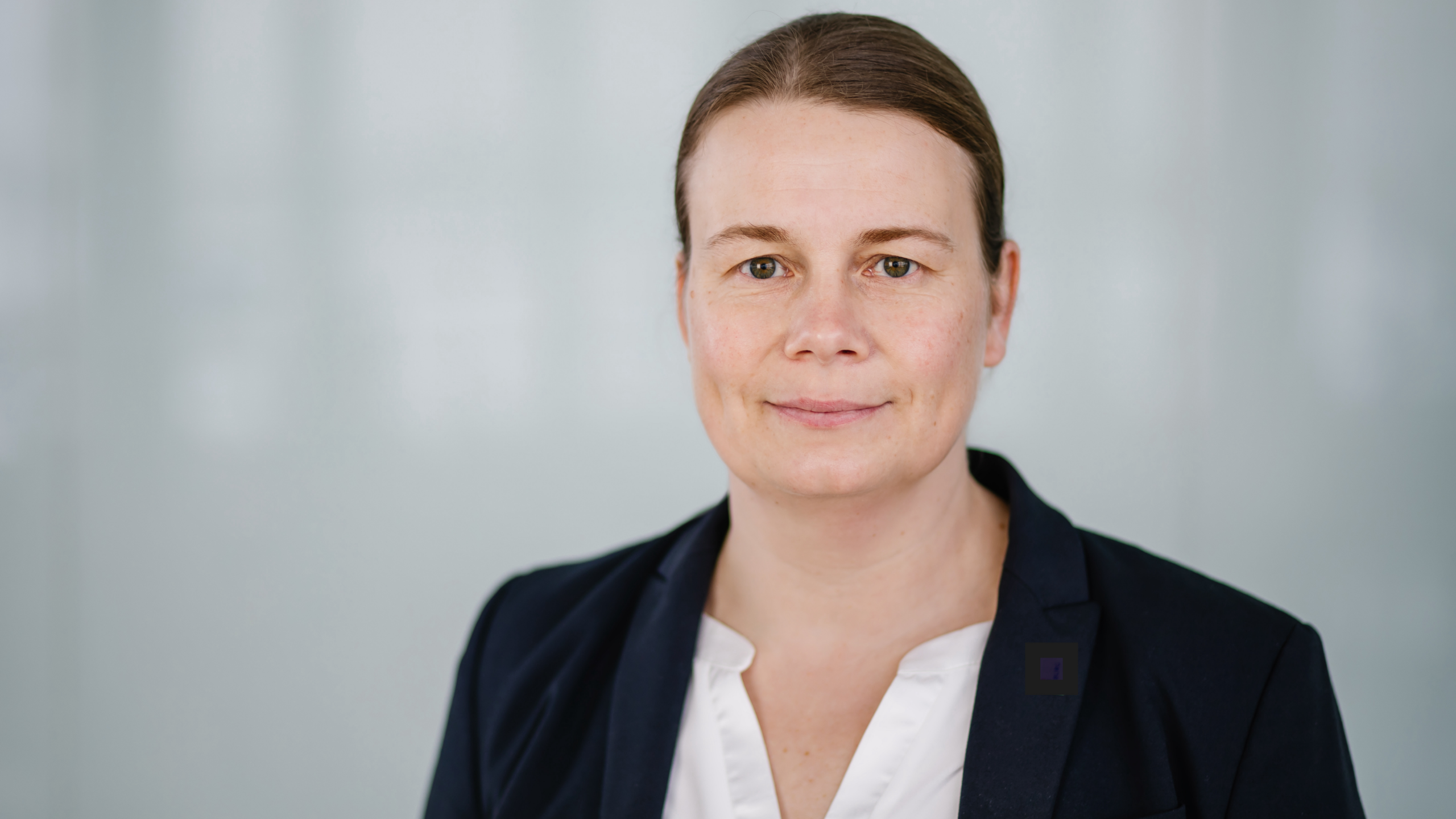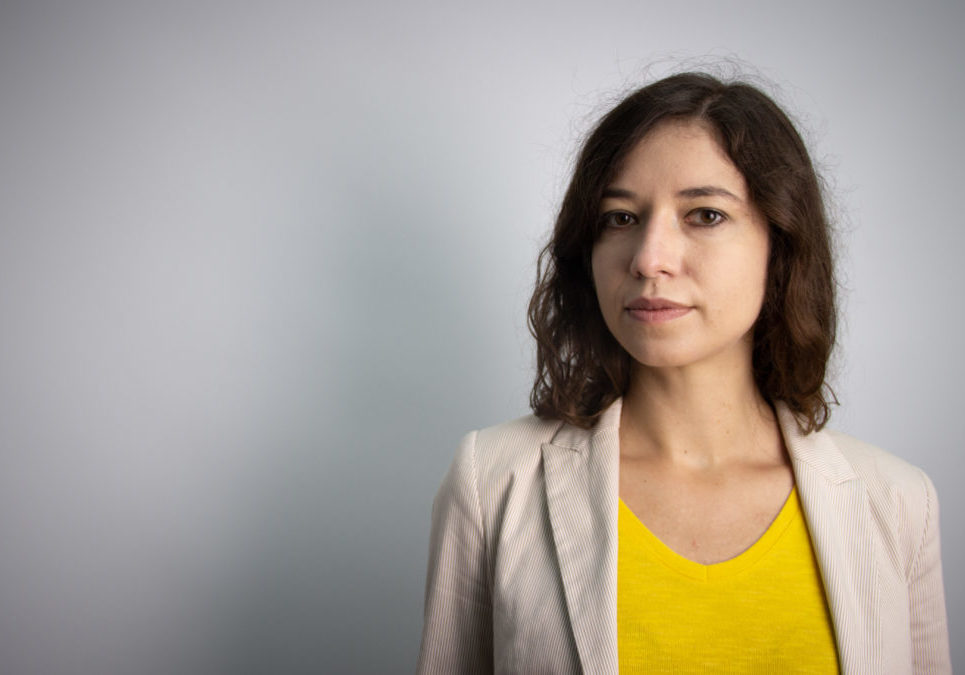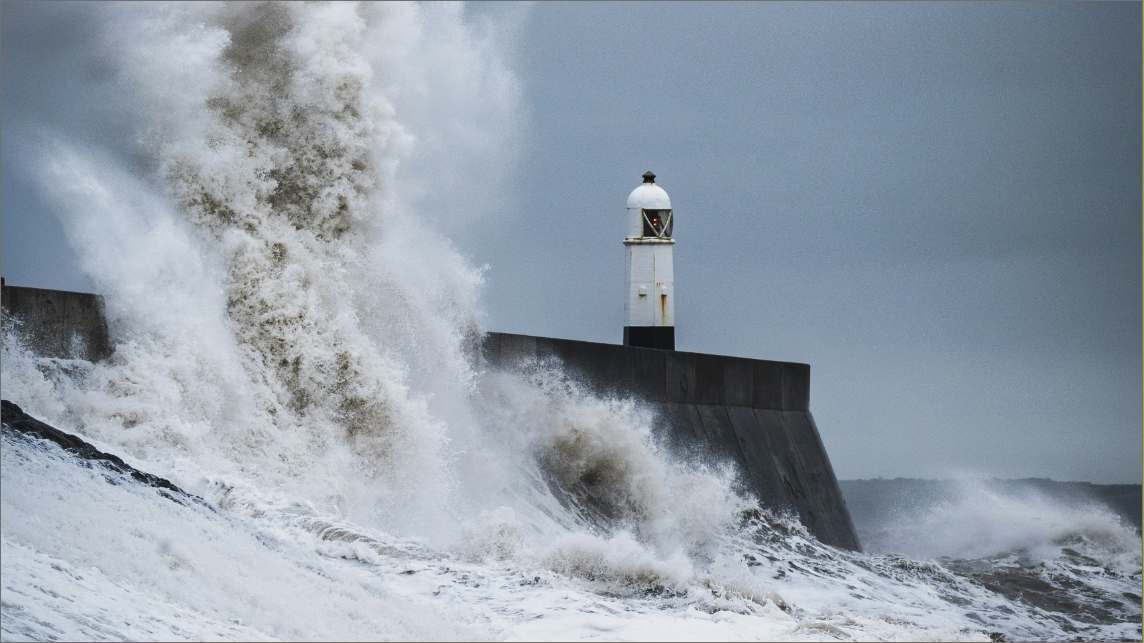
Capacities and Competencies in Dealing with Hate Speech and Hostility towards Science (KAPAZ)
The challenge of hostility towards science threatens not only the integrity of research, but also the social fabric of our society. Its effects manifest themselves in various ways. They range from threats and attacks to public defamation of researchers and scientific institutions. Rejecting scientific knowledge and expertise poses a serious danger to democratic governance. When science loses its voice, important issues disappear from the public agenda.
For this reason, the collaborative project Capacity and Competence in Dealing with Hate Speech and Hostility towards Science (KAPAZ) aims to provide new empirical evidence on the prevalence of hostile and derogatory behaviour towards scientists in Germany. It also develops institutional support and infrastructure to actively protect researchers from attacks online and offline.
Aims and services of the project network
Currently, there is a significant deficit in understanding the extent of hostility towards science in Germany and many other countries. Furthermore, at both the individual level for researchers and the institutional level for scientific institutions, there is a lack of effective resources, counter-strategies and measures to deal with these attacks. For this reason, the KAPAZ consortium is gathering a substantial knowledge base and comprehensive empirical evidence on scientific integrity. It will also strengthen institutional competencies and capacities to deal with hostility through practical support and educational resources.
Research
In this study, scientists are asked about their communication behaviour, their observations of hostility towards science and their experiences in dealing with science denial. It also focuses on the desired competencies and capacities for dealing with hostility towards science.
Practical Implementation
As a central point of contact, Scicomm-Support assists researchers and science communicators who have become victims of attacks in the course of their science communication. It also provides support to scientists and science communicators in the management of non-factual conflicts in science communication.
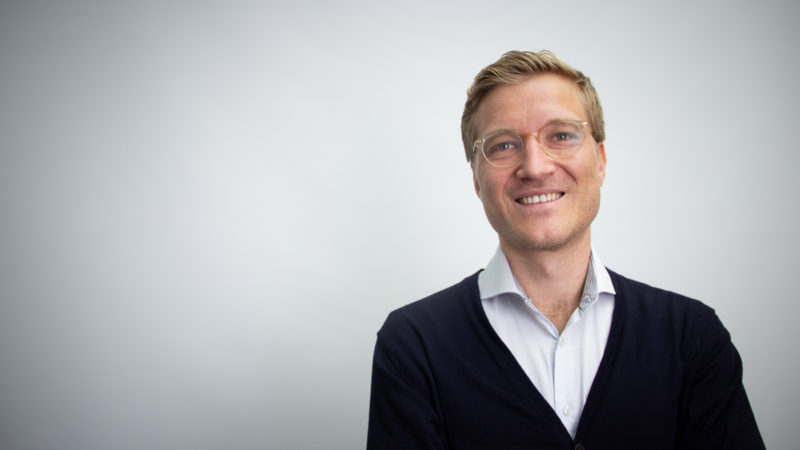 Benedikt Fecher, Dr.Associate Researcher & Former Head of Research Programme: Knowledge & Society
Benedikt Fecher, Dr.Associate Researcher & Former Head of Research Programme: Knowledge & Society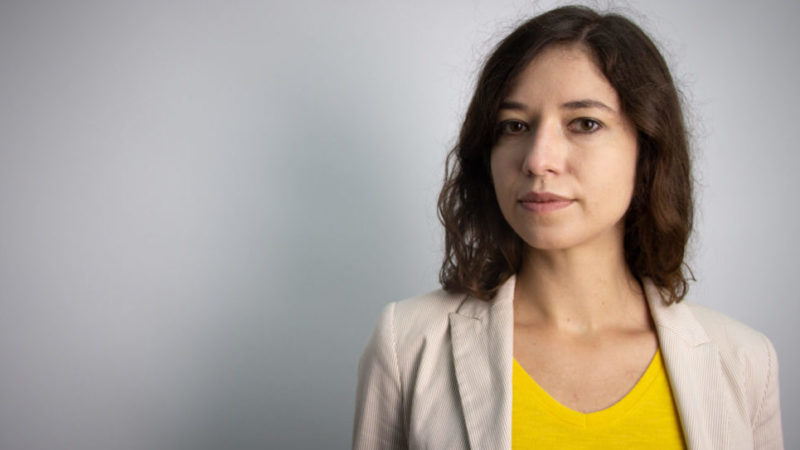 Nataliia SokolovskaHead of Research Programme: Knowledge & Society
Nataliia SokolovskaHead of Research Programme: Knowledge & Society Wolfgang Schulz, Prof. Dr.Research Director
Wolfgang Schulz, Prof. Dr.Research Director
-
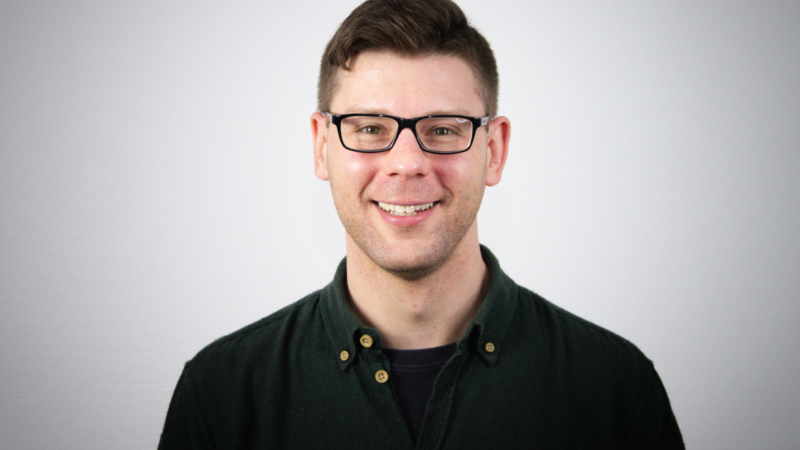 Sascha SchönigFormer student assistant: Knowledge & Society
Sascha SchönigFormer student assistant: Knowledge & Society
German Centre for Higher Education Research and Science Studies (DZHW)
Freie Universität Berlin
Bundesverband Hochschulkommunikation
Wissenschaft im Dialog
Victoria Shennan
Museum für Naturkunde
Mhairi Stewart
Museum für Naturkunde
Journal articles and conference proceedings
Sokolovska, N. (2024). Research and innovation policy at wartime: case of Ukraine. Reclaiming Europe. Publication details
Other publications
Sokolovska, N. (2024). Wissenschaftsfeindlichkeit: Was wir wissen und was wir gegen sie tun können. Digital society blog. Publication details
Lectures and presentations
Selbstzensur unter Forschenden? Erkenntnisse und Wissenslücken zur WissenschaftsfeindlichkeitSelbstzensur unter Forschenden? Erkenntnisse und Wissenslücken zur Wissenschaftsfeindlichkeit. DIW, Berlin, Germany: 24.03.2025
Nataliia Sokolovska
Selbstzensur unter Forschern? Gefahren der Wissenschaftsfeindlichkeit. Fachbereich Veterinärmedizin, Freie Universität Berlin, Berlin, Germany: 05.12.2024Nataliia Sokolovska
Hate Speech gegen Wissenschaft: Wenn Wissenschaftler*innen angegriffen werdenLange Nacht der Wissenschaften 2024. Alexander von Humboldt Institut für Internet und Gesellschaft, Berlin, Germany: 22.06.2024 Further information
Nataliia Sokolovska
Wie schutzbedürftig sind Wissenschaftler? – Die „Forschungssprecher des Jahres 2023“Treffpunkt Wissenschaftskommunikation. Wissenschaft kommuniziert - Blog. Online, Berlin, Germany: 04.12.2023 Further information
Nataliia Sokolovska
Panels
Demokratische Wissenschaftskommunikation in Deutschland – quo vadis?Wisskomm Connected Konferenz – Forschung und Praxis der Wissenschaftskommunikation gemeinsam gestalten. Transfer Unit: Wissenschaftskommunikation. Berlin Brandenburgische Akademie der Wissenschaften (BBAW), Berlin, Germany: 11.09.2024 Further information
Sascha Schönig
Advances in Capability Development for Science Advice - Frameworks and ToolsINGSA2024. The International Network for Governmental Science Advice (INGSA). Kigali Convention Centre, Kigali City, Rwanda: 02.05.2024 Further information
Nataliia Sokolovska
Moderation of workshops and panels
Debunking Science Myths: Vorurteile über Wissenschaft und was wirklich dran istLange Nacht der Wissenschaften 2024. Alexander von Humboldt Institut für Internet und Gesellschaft, Berlin, Germany: 22.06.2024 Further information
Freia Kuper
Kommunikative Aspekte der Orientierung und des Schutzes für Wissenschafler:innen in der ÖffentlichkeitExpertise unter Druck, Orientierung und Schutz für Wissenschaftler:innen in der Öffentlichkeit. Zeit Stiftung. Bucerius Law School, Hamburg, Germany: 29.02.2024 Further information
Nataliia Sokolovska
Organisation of events
Summer School: Dealing with hostility in science communicationFrom 07.07.2025 to 08.07.2025. Humboldt Institut für Internet und Gesellschaft, Berlin, Germany (International) Further information
Anna Aust, Katherina Holscher Blackman, Freia Kuper, Nataliia Sokolovska
CO-CREATION WORKSHOP: Dealing with hostility in science communication. An international perspectiveFrom 13.06.2025 to 13.06.2025. Humboldt Institut für Internet und Gesellschaft, Berlin, Germany (International)
Katherina Holscher Blackman, Nataliia Sokolovska
Train-the-Trainer-Programm (3)From 18.03.2025 to 18.03.2025. Humboldt Institut für Internet und Gesellschaft, Berlin, Germany. Co-Organised by: Berlin School of Public Engagement (BSOPE) am Museum für Naturkunde in Berlin (MfN) und der Scicomm-Support (National) Further information
Sascha Schönig, Nataliia Sokolovska
Train-the-Trainer-Programm (2)From 29.10.2024 to 29.10.2024. Alexander von Humboldt Institut für Internet und Gesellschaft, Berlin, Germany. Co-Organised by: Berlin School of Public Engagement (BSOPE) am Museum für Naturkunde in Berlin (MfN) und der Scicomm-Support (National) Further information
Sascha Schönig, Nataliia Sokolovska
Dealing with hostility in science communicationFrom 23.09.2024 to 24.09.2024. Alexander von Humboldt Institute for Internet and Society, Berlin, Germany. Co-Organised by: Berlin School of Public Engagement and Open Science (BSOPE) at the Museum für Naturkunde in Berlin (MfN)Berlin School of Public Engagement (BSOPE) am Museum für Naturkunde in Berlin (MfN) and the Scicomm-Support (International) Further information
Sascha Schönig, Nataliia Sokolovska
Train-the-Trainer-Programm (1)From 06.06.2024 to 06.06.2024. Alexander von Humboldt Institut für Internet und Gesellschaft, Berlin, Germany. Co-Organised by: Berlin School of Public Engagement (BSOPE) am Museum für Naturkunde in Berlin (MfN) und der Scicomm-Support. (National) Further information
Sascha Schönig, Nataliia Sokolovska
Project network
- Alexander von Humboldt Institute for Internet and Society (HIIG) - Network coordinator
- Berlin School of Public Engagement and Open Science (BSOPE) at the Museum für Naturkunde in Berlin (MfN)
- Bundesverband Hochschulkommunikation (BV_HKOM)
- Freie Universität Berlin (FU)
- German Centre for Higher Education Research and Science Studies (DZHW)
- Leibniz-Institute for Media Research │ Hans-Bredow-Institut (HBI)
- Wissenschaft im Dialog (WiD)
Funding
| Term | 2023 - 2025 |
| Financing | VolkswagenStiftung |


